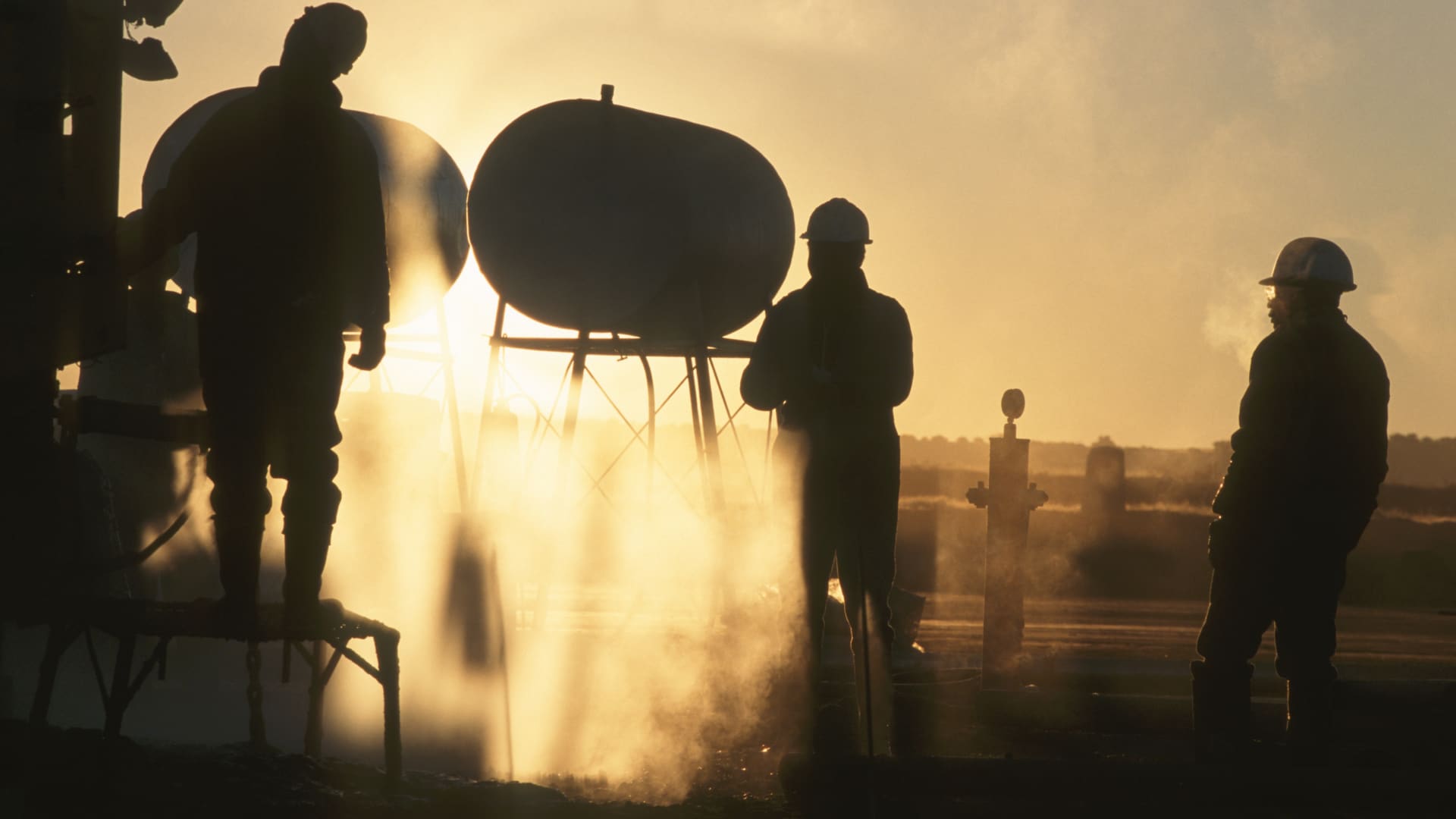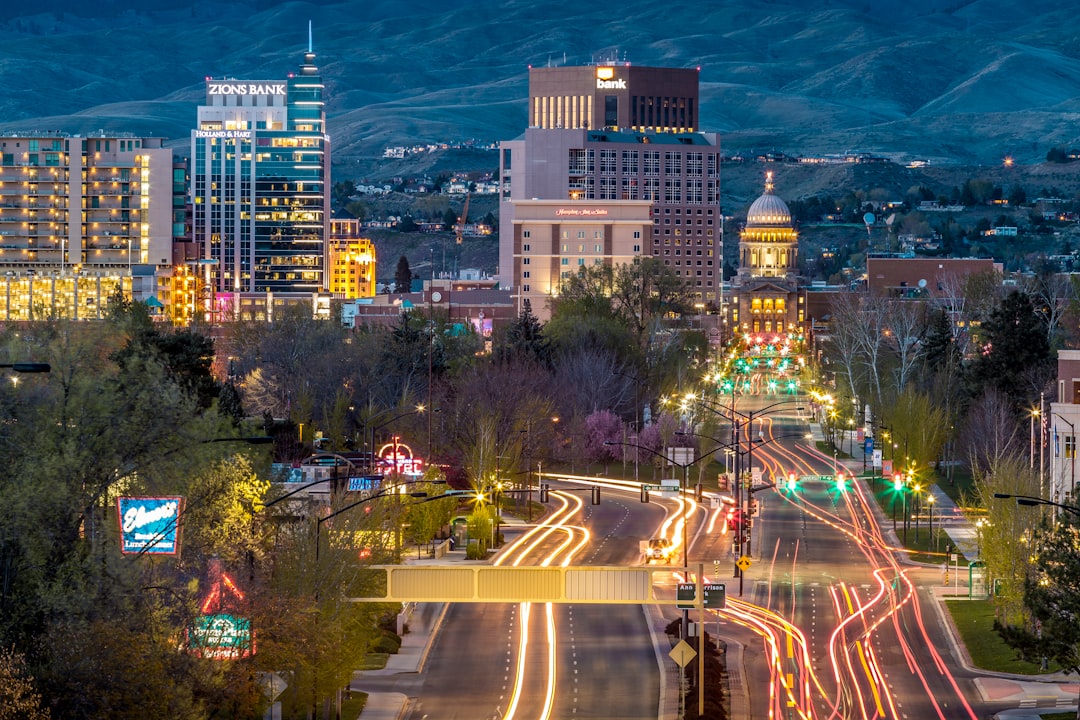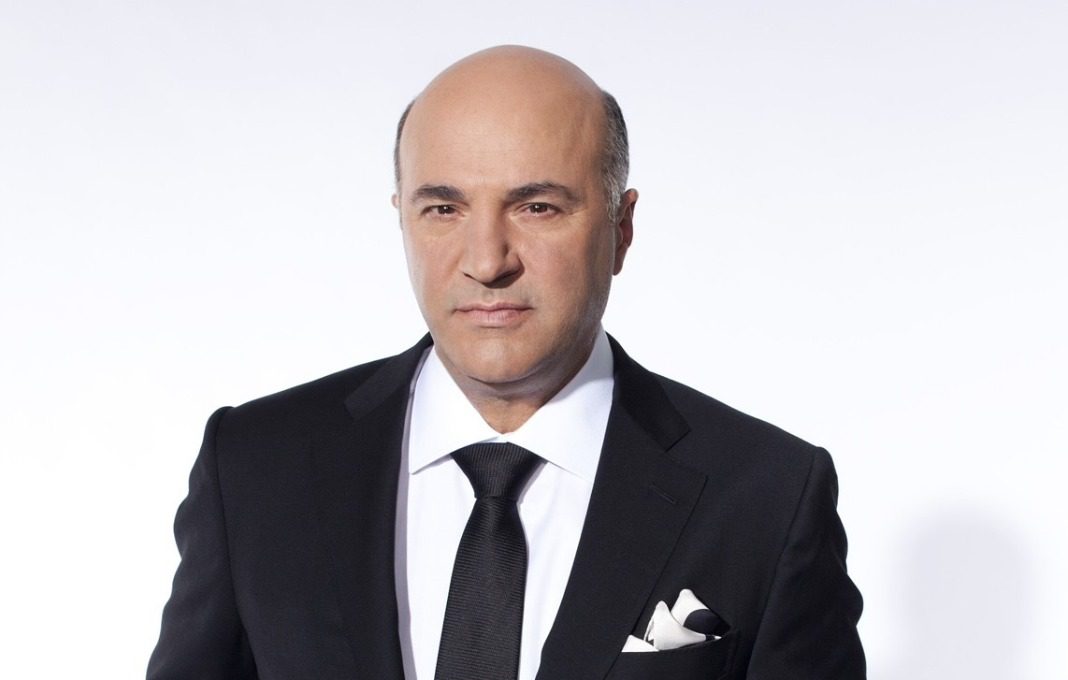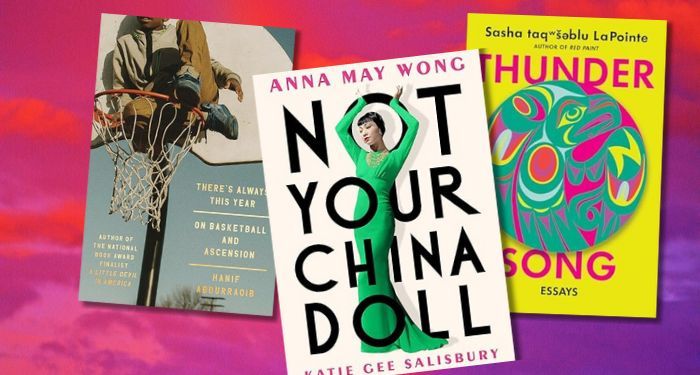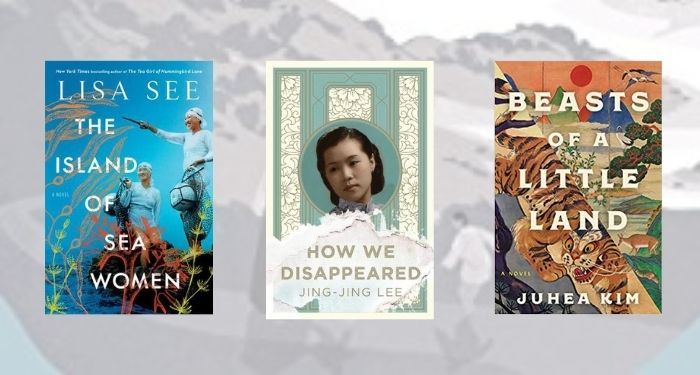This content contains affiliate links. When you buy through these links, we may earn an affiliate commission.
Pachinko by Min Jin Lee was one of the most popular books of 2017, and it is enjoying a boost in popularity after the release of an Apple TV show based on the book this year. This book is also one that I find myself recommending to friends very often, especially those who are not prolific readers but would like to read more — for Min Jin Lee’s lucid prose, excellent characters, and engrossing setting is sure to hook one from the very first page. I often have people come back to me asking for more books like Pachinko.
There are many aspects of the book that I think make it appealing to a wide range of readers — the historical backdrop of 20th century Korea, the multigenerational saga with a family secret simmering in the background, and the strong female protagonist. Here I have compiled a list of 12 books like Pachinko that have one or more of these characteristics.
Once you’ve read these books like Pachinko, don’t miss the adaptation of the book, which is available to stream.
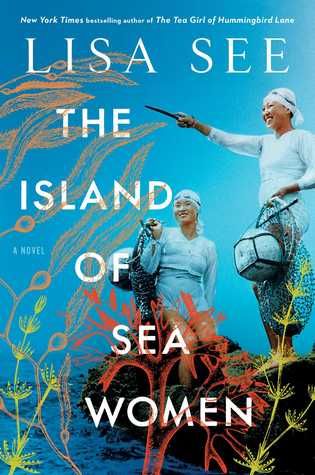
The Island of Sea Women by Lisa See
This book is set in the Korean island of Jeju where women divers are the breadwinners of their families. Unlike Pachinko where we get the points of view of multiple generations, the story in this book is told from the perspective of one woman, but the narrative spans several decades. It covers the Japanese occupation of Korea, the Second World War, the Korean war, and its aftermath. In addition to being similar in terms of themes and scope, this book makes a great companion read to Pachinko, since it covers many of the same historical events the Pachinko refers to, but from a different lens.
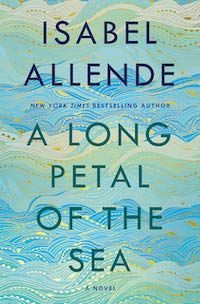
A Long Petal of the Sea by Isabel Allende
Prolific and beloved Chilean author Isabel Allende’s book follows Victor Dalamau, a Spanish doctor who fights against fascist forces in the Spanish Civil War and finds refuge in Chile along with his sister in law Roser. In Chile, Victor bears witness to, and gets involved in, momentous events in Chile’s history. Historical figures like Pablo Neruda and Salvador Allende make appearances. This book is similar to Pachinko in its epic scope, its depiction of the struggles of being exiled from the country of ones birth and having to start over in a foreign land, and in its tender portrayal of the affection between a couple that learns to love each other after being brought together under difficult circumstances.
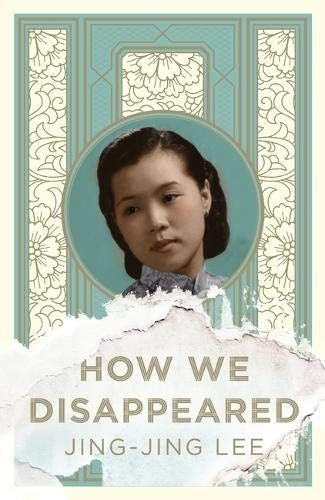
How We Disappeared by Jing-Jing Lee
This book is set in Singapore during and after World War II, and, like Pachinko, has a woman’s experience during a period of upheaval at its center. The protagonist is Wang-Di who, like Pachinko’s Sunja, has to work hard to earn a living and support her family. Powerful family secrets form ominous backdrops to the narrative as in Min Jin Lee’s masterpiece.
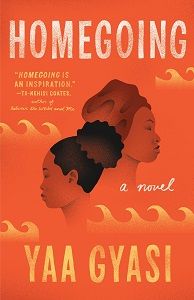
Homegoing by Yaa Gyasi
Yaa Gyasi’s acclaimed debut novel begins with two sisters in 18th century Ghana: one who is married to a white man, and another who is sold into slavery and shipped off to America. The story follows the descendants of these two women into the 2000s, and we encounter a larger cast of characters than in Pachinko. The stories of these characters provide a glimpse into the evolution of the histories of Ghana and America, much like Pachinko does for the time and place it is set in — albeit on a larger, less detailed scale.
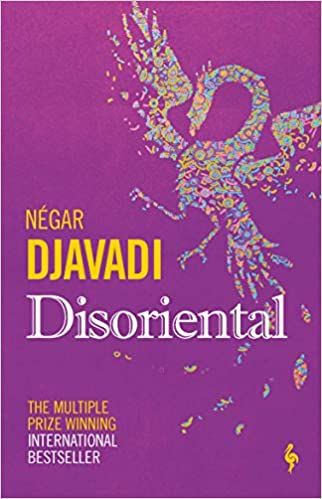
Disoriental by Négar Djavadi, translated by Tina A. Kover
Disoriental is narrated by Kimia Sadr, youngest child of Sara and Darius Sadr, Iranian political activists doomed to oppose every oppressive regime that takes over their country. She moves back and forth in time to record the stories of her ancestors, her large and eccentric extended family, her childhood in Iran, and her family’s ultimate escape to France. The history of Iran is intricately woven into these personal stories. Though a slightly more challenging read due to the nonlinear storytelling, this book is as compelling, tender, and informative as Pachinko.
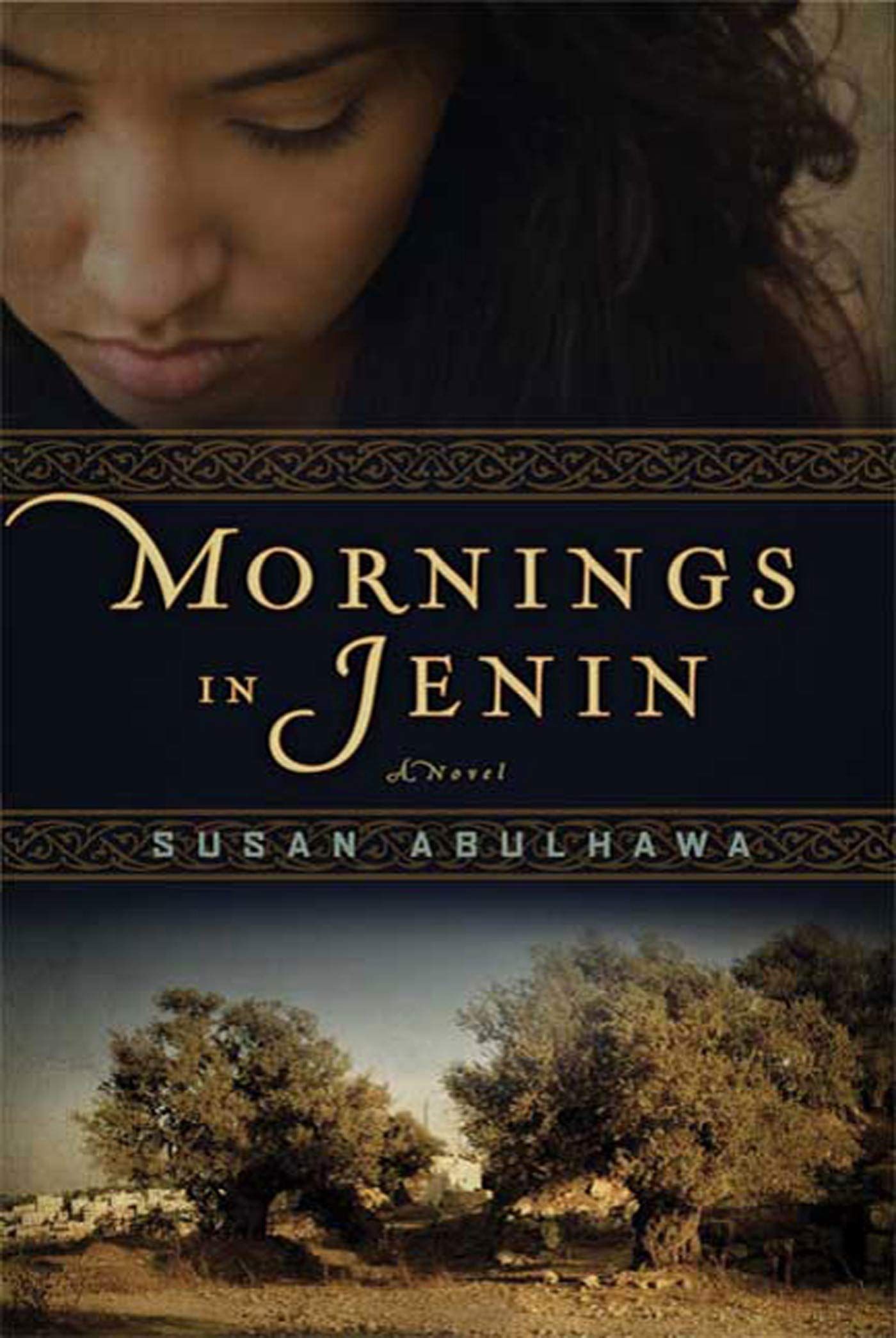
Mornings in Jenin by Susan Abulhawa
This book follows generations of a Palestinian family from a village in Palestine, to a refugee camp in Israel and all the way to America. Through the divergent stories of grandparents, parents, and siblings, Mornings in Jenin paints a compelling, heartbreaking account of a country and its people ravaged by war. Tender and powerful, this book packs an emotional punch like Pachinko — and is a very important fictional account of the human costs of one of the most tragic conflicts of our times.
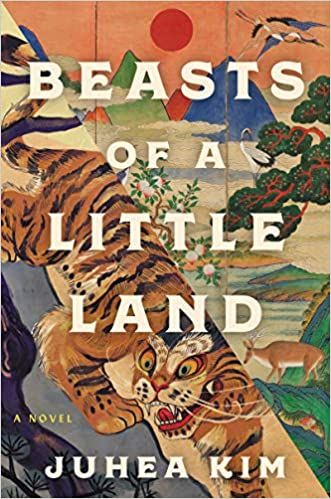
Beasts of a Little Land by Juhea Kim
Another epic historical fiction novel that spans several decades, Beasts of a Little Land provides a perspective on the some of the historical backdrop of Pachinko from within South Korea. The story follows Jade, a performer who had been sold into courtesan school in her childhood, and JungHo, an orphan boy who gets involved in the struggle for independence, through the various landmarks in Korea’s history. Like The Island of Sea Women, this book is a great companion read for Pachinko.
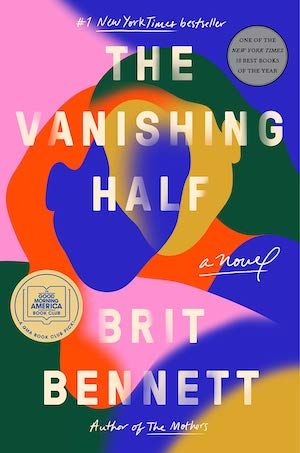
The Vanishing Half by Brit Bennett
This book follows twin sisters Desiree and Stella from the American south as they choose widely different paths in life — when one sister decides to pass for white, she cuts off all ties with her past and her sister. Told in beautiful, poignant prose, the story, like Pachinko, spans a long period of time, and explores what it means to belong in a society that discriminates on the basis of skin color or family origin.
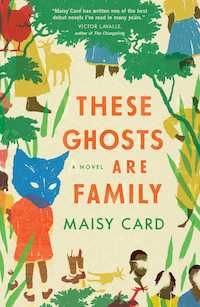
These Ghosts Are Family by Maisy Card
These Ghosts are Family follows generations of a Jamaican family from colonial Jamaica to present day Harlem. The story explores themes of racism, displacement, and identity, and the ways in which the repercussions of an individual’s choice can reverberate through a family.
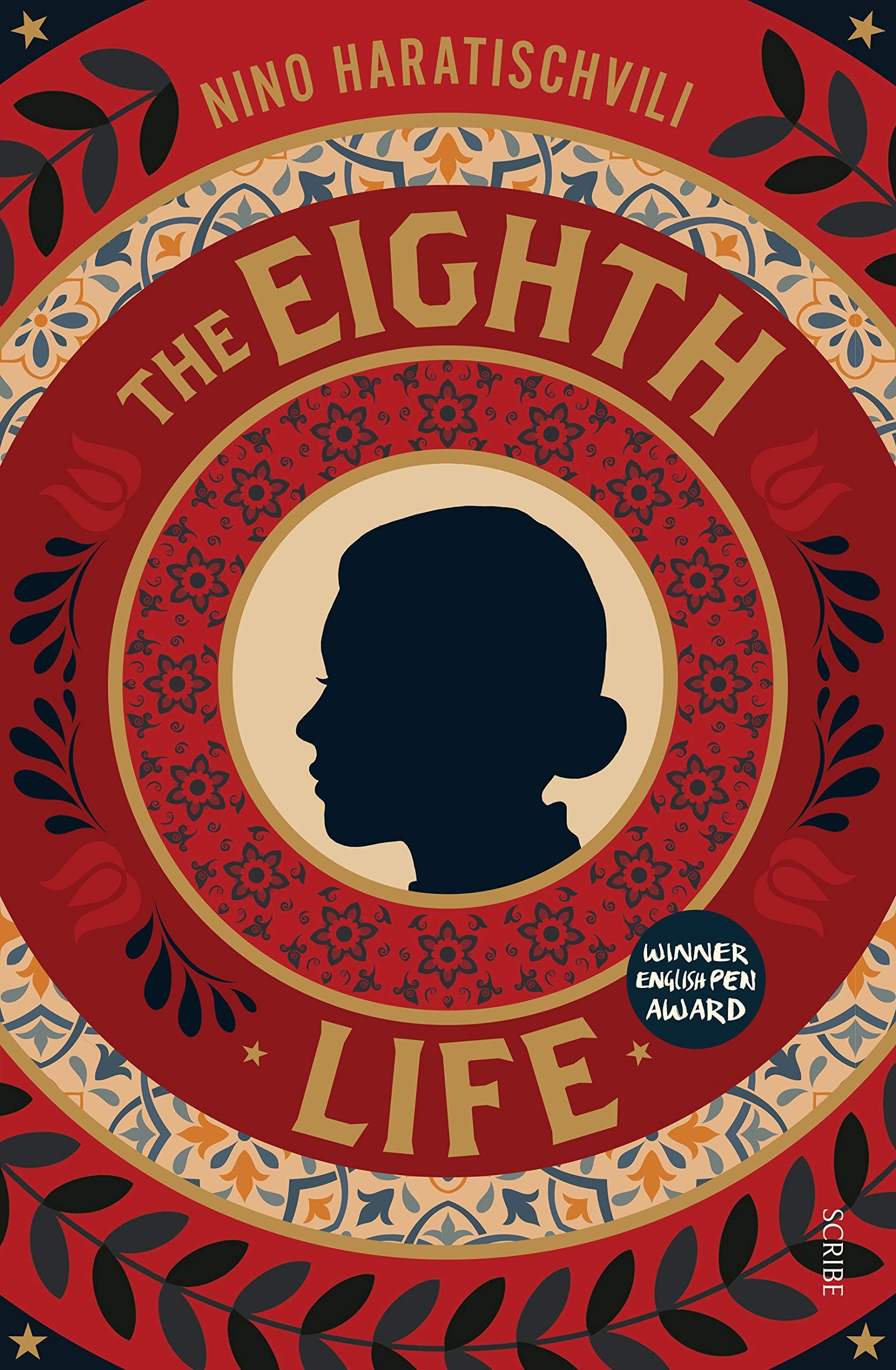
The Eighth Life by Nino Haratischvili, translated by Charlotte Collins and Ruth Martin
This book is ambitious in its scope — over 800 pages long, it covers a century and is set in various countries in Europe and western Asia. It follows a Georgian family and their oscillating circumstances across several generations. It gives each character a distinct voice and yet captures the essence of the time and place they live in, documenting the history of a country not frequently encountered in literature written in, or translated into, English.
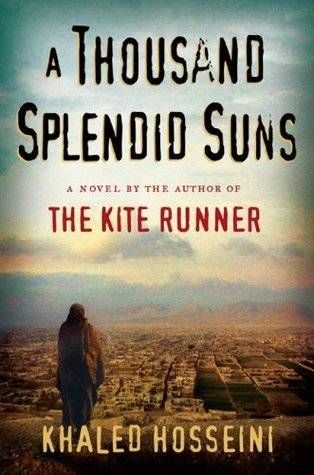
A Thousand Splendid Suns by Khaled Hosseini
One of my favorite aspects of Pachinko is the strong bond of friendship between Sunja and her sister-in-law Kyunghee, a bond that is instrumental in ensuring the survival of the family through many hardships. Thousand Splendid Suns has at its core a similarly loving relationship between its two main characters Mariam and Laila, whose sacrifices for each other sustain them through the abuse unleashed upon them as their country, Afghanistan, descends into chaos and violence.
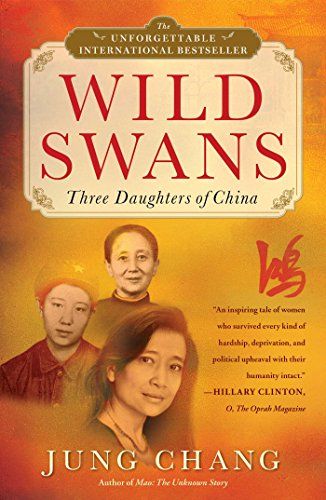
Wild Swans: Three Daughters of China by Jung Chang
The last book in this list is not fiction, but nonfiction that is as engrossing as historical fiction. It is an account of the experiences of the author, her mother, and her grandmother through the rise of communism in China and the cultural revolution. Like Pachinko, this book foregrounds women’s stories to dive into an important segment of Asian history.
Was it the setting of Pachinko that intrigued you the most? Check out more books on Korean history here. Can’t get enough of multigenerational family sagas? We’ve got you covered! If you want more book recommendations to go with your favorite TV show, or the last book that has left a hole in your heart, TBR, our personalized book recommendation service, will be perfect for you. Sign up here!







